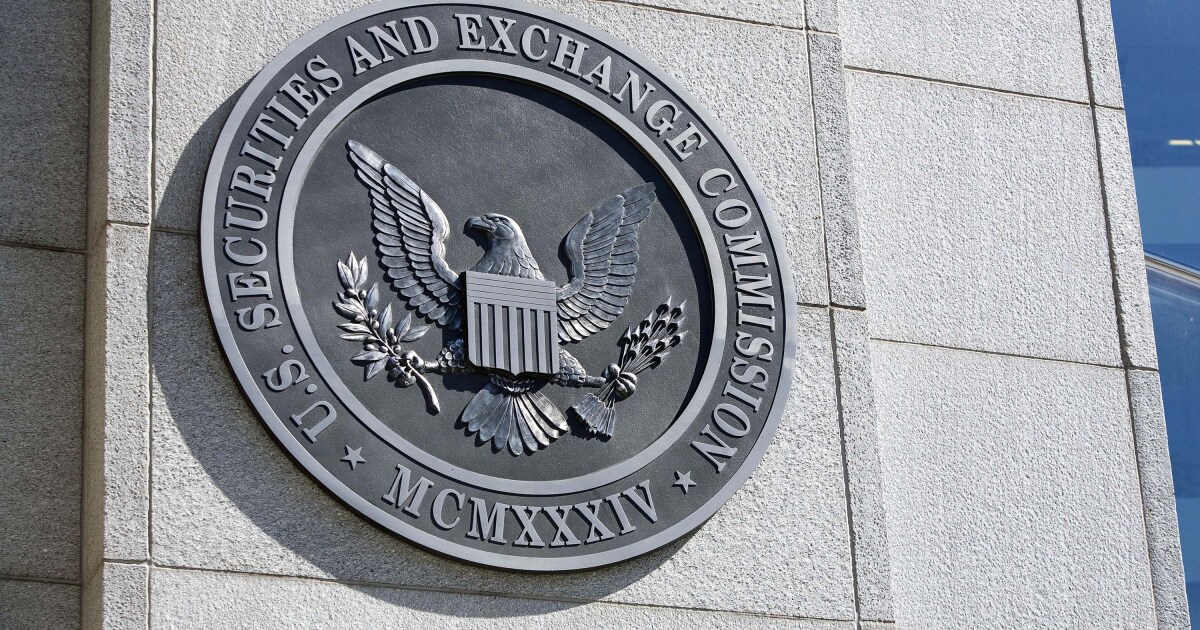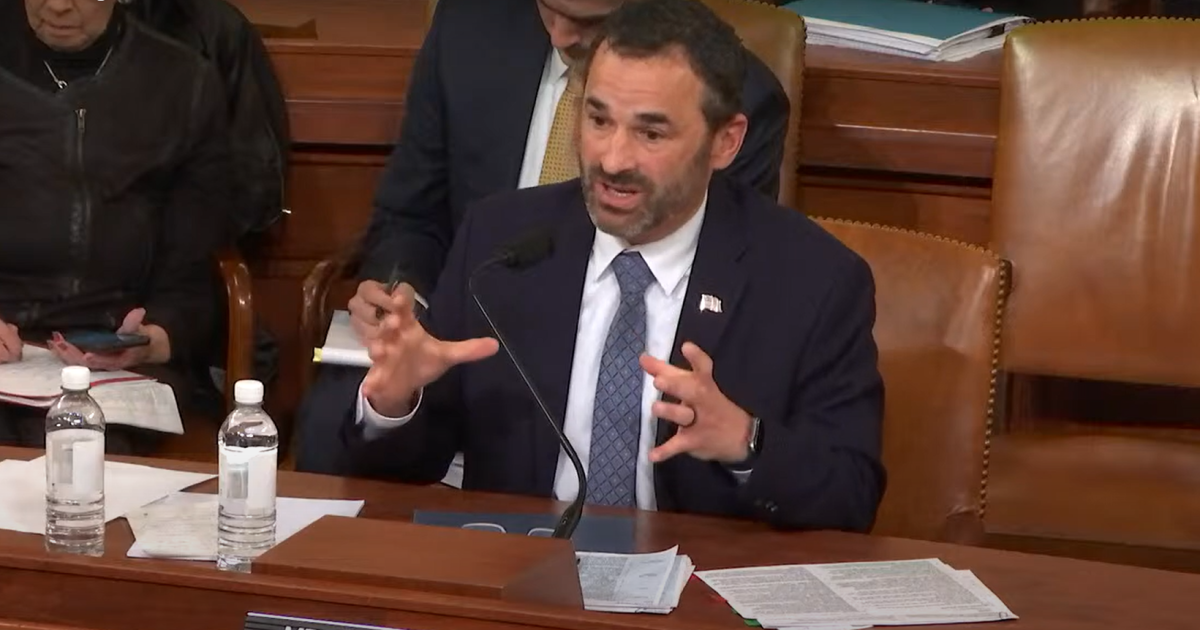
The Securities and Exchange Commission
The decision, made last night, represents a rapid reversal of its numerous denials of similar products in the past. Gensler, in his
However, an
“Based on these circumstances and those discussed more fully in the approval order, I feel the most sustainable path forward is to approve the listing and trading of these spot bitcoin ETP shares,” he said in
This in mind, he said the decision should in no way signal that the SEC is willing to approve listing standards for crypto asset securities, nor should it be seen as a sign of any of the commission’s views as to the status of other crypto assets under federal securities law, or about the current state of non-compliance of certain crypto assets. He also noted that while the SEC does oversee certain commodity-based ETFs, such as those for precious metals, he believes Bitcoin-based products are entirely different.
“Though we’re merit neutral, I’d note that the underlying assets in the metals ETPs have consumer and industrial uses, while in contrast bitcoin is primarily a speculative, volatile asset that’s also used for illicit activity including ransomware, money laundering, sanction evasion, and terrorist financing,” he said.
Commissioner Caroline Crenshaw, who voted against the measure, was more forceful than the chair, outright lamenting the approval of Bitcoin ETPs. She said the asset is extremely vulnerable to fraud and manipulation, that the market is highly concentrated in a few hands, that it lacks unified oversight, and that—despite what the appeals court said—futures ETPs and spot ETPs are different products deserving different treatment. Bitcoin futures, she said, are cash-settled financial contracts betting on the price of bitcoin at some point in the future. The parties to these contracts are regulated entities trading on a U.S.-registered and regulated exchange. In contrast, the new ETPs hold “physical” or “spot” bitcoin rather than bitcoin futures contracts. Unlike products that only participate in the futures market, there is no primary regulator for the bitcoin spot markets.
She also questioned a point made in the approval that Bitcoin ETPs satisfy requirements that it enter into a comprehensive surveillance-sharing agreement with a regulated market of significant size related to the underlying or reference bitcoin asset. The SEC said it was unable to determine that the Chicago Mercantile Exchange fit the bill for this requirement. Despite this, the SEC made a “correlation” argument which theorizes that surveillance of the CME bitcoin futures market should carry over to protect the bitcoin spot market. The idea is that to the extent the bitcoin spot market shows price activity that is the result of fraud, the bitcoin futures market would reflect that. Crenshaw highly disagreed with this idea.
“Even assuming the argument did make sense, the Commission’s analysis relies on questionable data for a “subset” of selected spot bitcoin markets … but does not explain why such a subset is representative of the entirety of the spot markets worldwide. Indeed, it seems likely that the data we rely on suffer from selection bias – i.e., the venues for which we have data are those that chose to make it easily available; the data that we are lacking might suggest different conclusions about correlation. We do not learn much from even perfect correlation with incomplete data,” she said.
In contrast, Commissioner Hester Peirce heartily approved of the decision, and lamented, instead, that it had not been made ages ago. Referring to the aforementioned correlation argument used to approve the spot ETPs, she said this actually indicates that the SEC itself noted that the prices on the CME Bitcoin futures market and the spot Bitcoin markets have been highly correlated for the past two-and-a-half years, during which the agency has denied multiple applications.
She noted that the only reason the SEC is doing this now is “judicial rebuke.” While the welcomes the decision, she felt that the SEC’s hesitance on this matter has already damaged the agency’s reputation in the crypto market to the point where it has alienated “an entire generation of investors.” Further, the SEC’s fervent attempts to block the products over the years, she said, has paradoxically created an artificial frenzy, which would not have happened if they came to market in the way of other comparable products typically have. Instead, she said, the commission now must contend with a “circus atmosphere.”
“Although this is a time for reflection, it is also a time for celebration. I am not celebrating bitcoin or bitcoin-related products; what one regulator thinks about bitcoin is irrelevant. I am celebrating the right of American investors to express their thoughts on bitcoin by buying and selling spot bitcoin ETPs. And I am celebrating the perseverance of market participants in trying to bring to market a product they think investors want. I commend applicants’ decade-long persistence in the face of the Commission’s obstruction,” she said.
The accounting world reacts
Sean Stein Smith, a Lehman College professor and member of the Wall Street Blockchain Alliance, noted that this approval is quite significant for both the crypto market as well as the wider financial services sector. He estimated that the approval will trigger a large flow of capital into the sector, which he said will only further highlight the need for things like internal controls, reporting requirements, and correct implementation of the recent FASB standard on cryptocurrencies. There will also likely be more questions around things like custody, valuations and correct monitoring and reporting given what he feels will be growing general interest in both the investment and usage side of the cryptocurrency word.
For accountants, Smith said tax preparers should be aware that the IRS has not issued any specific guidance for the potential changes this approval might bring about, and so should prepare for an uptick of clients with exposure to crypto as a result of these products launching. Professionals should also advise clients to be even more vigilant for fraudsters and other unethical actors in the space looking to take advantage of relative newcomers to the crypto space. Finally, he said that the decision has cemented Bitcoin as a mainstream financial asset and, therefore, it is likely further products and services connected to it will be launched soon.
“Accountants and other financial advisors should make an effort to remain educated and up-to-date on cryptoassets, reflecting both this increase interest as well the pluralities of both millennials and Gen-Z (future staff and clients) who possess favorable views of this asset class,” he said.
Tal Zackon, CEO of crypto asset accounting and financial data reporting platform TRES, said the SEC’s approval is a huge victory, but echoed Smith in saying professionals now need to be extra wary of the tax implications for virtual currencies.
“The Bitcoin ETF is a massive victory for the industry. While ETFs are expected to be a watershed moment for crypto, many more people will now have to navigate the tax implications of participating in ETFs. ETFs are usually taxed based on their underlying asset class and depending on the specific ETP that was chosen for use. In the case of crypto, the US taxes for capital gains, meaning the usual rules of short vs long-term capital gains tax will apply. People may not know, but ETFs are built with tax efficiency in mind. For example, many index-tracking ETFs aim to minimize portfolio turnover, reducing the likelihood of generating capital gains,” he said.




